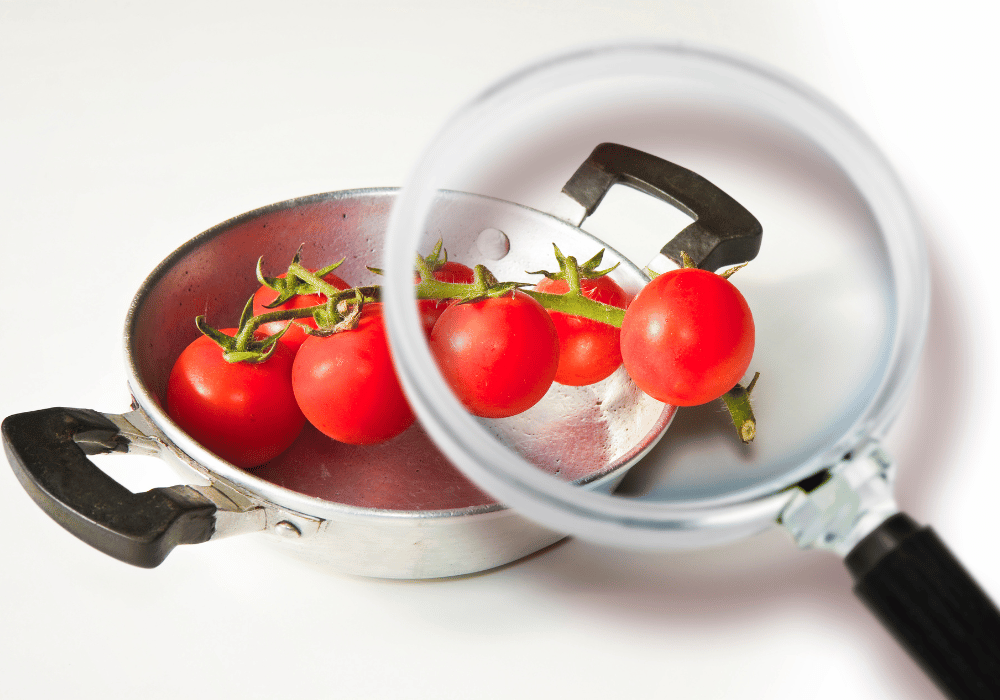Food safety is a top priority for every food business. Whether you are a farmer, food processor, or restaurant owner, the safety and quality of your products should never be compromised. That is why food hazard analysis is such a critical process in the food industry. Hazard analysis is a way to identify and control potential food safety risks. In this post, we will discuss what food hazard analysis is, why it is important, and how it can help your business.
What Is Food Hazard Analysis?
Food hazard analysis is a process of identifying and evaluating potential food safety hazards in your products or operation. It involves assessing the likelihood of a hazard occurring, and the severity of its impact on consumers. This information can then be used to establish preventive measures to control these risks and ensure the safety of the food products being produced.
There are different methods of conducting hazard analysis, but the most commonly used is the Hazard Analysis and Critical Control Points (HACCP) system. HACCP is a systematic approach that identifies hazards specific to your operation, determines critical control points (CCPs), and establishes a plan to monitor and control these points.
Why Is Food Hazard Analysis Important?
Food hazard analysis is important for several reasons. It helps to reduce the risk of foodborne illnesses. By identifying and controlling potential hazards, businesses can ensure that their products are safe for consumption and minimize the chance of food contamination.
It is a useful tool for businesses to maintain their reputation and customer loyalty. Consumers are becoming increasingly aware of food safety issues, and businesses that prioritize safety are more likely to gain the trust and loyalty of their customers.
How Can Food Hazard Analysis Help Your Business?
Implementing a food hazard analysis plan can have s everal benefits for your business. First and foremost, it can help you identify and control potential hazards before they become a problem. This can help to prevent costly recalls, legal disputes, and reputational damage.
Hazard analysis can also help to improve your business’s profitability. By identifying and reducing waste, inefficiencies, and risks, you can save money and increase your bottom line. Additionally, implementing a proactive food safety plan can help you to comply with regulatory requirements, avoid costly fines and penalties, and maintain your business’s reputation.
How Do You Implement a Food Hazard Analysis Plan?
Implementing a food hazard analysis plan can seem overwhelming at first. However, there are several resources available to help you get started. Additionally, many food safety consultants and training organizations offer courses and guidance on implementing a food hazard analysis plan.
Food hazard analysis is a critical process in the food industry. By identifying and controlling potential hazards, businesses can ensure the safety and quality of their products, comply with regulatory requirements, and maintain their reputation and profitability. If you are a food business owner, it is essential to prioritize food safety and ensure that your products are safe for consumption.


